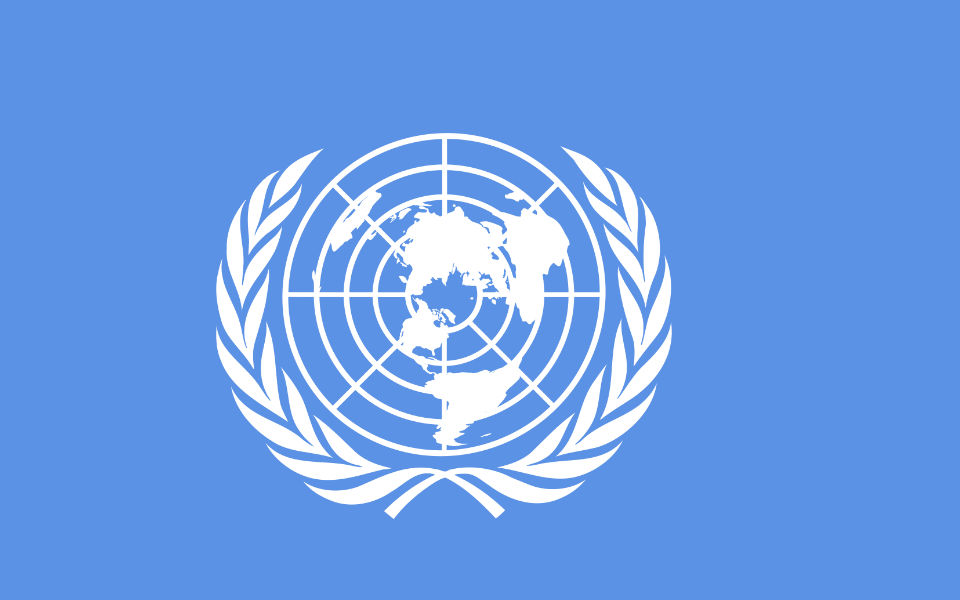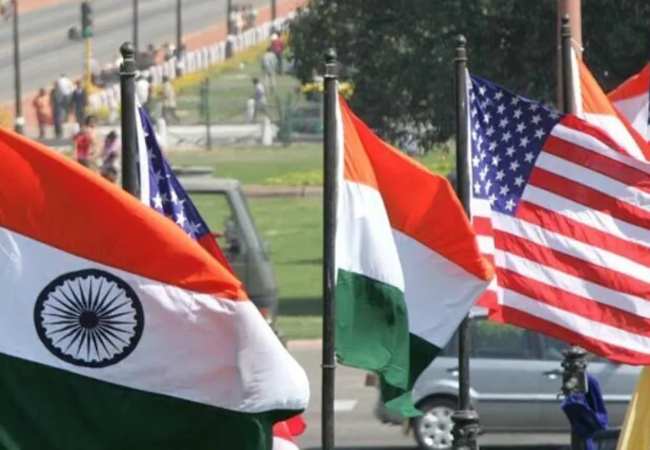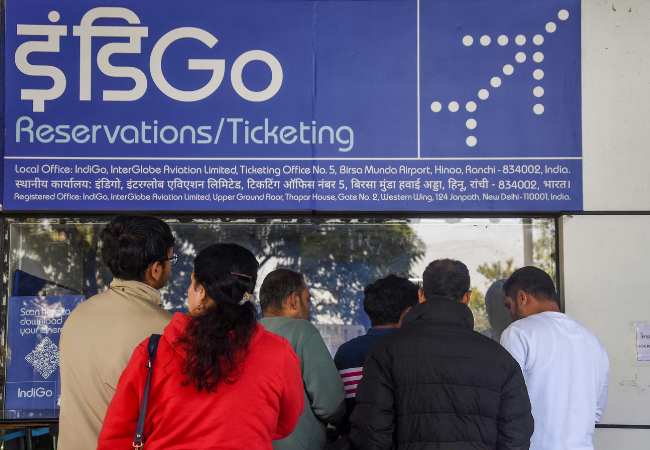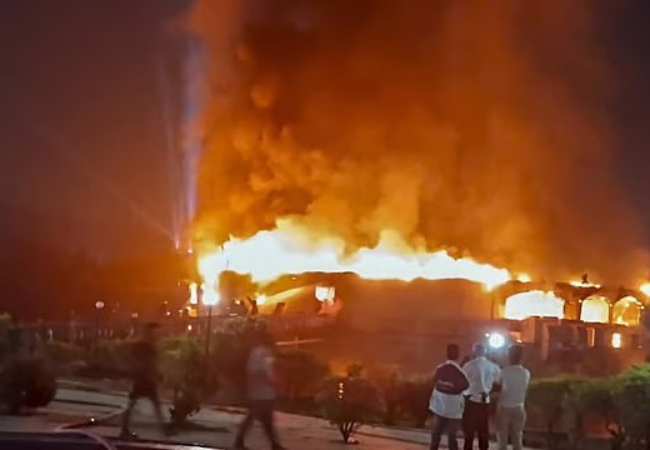United Nations, May 5: Israel has withdrawn from the election for a two-year term on the Security Council that pitted it against Germany and Belgium.
Israel's UN Mission announced the decision shortly before a debate between the three candidates was due to start at the UN on Friday afternoon.
"After consulting with our partners, including our good friends, the State of Israel has decided to postpone its candidacy for a seat on the Security Council," the mission said.
The non-permanent seats in the Council are distributed regionally and Israel, which is in the Western European and Other Group (WEOG), had planned to contest one of the group's two seats for the 2019-2020 term.
The failure to run unopposed for the WEOG seat is a diplomatic setback for Israel, which has never had a seat the Council, and, according to the US ambassador to Germany, Richard Grenell, a broken promise by West European countries.
He asserted in a tweet in March that Washington, which had brokered a deal for Israel to run unopposed for one of the WEOG seats, must ensure that the European nations kept their word.
Grenell said that the late Richard Holbrooke, a former assistant secretary of state, had arranged the deal..
Although Middle Eastern nations are in the Asia-Pacific Group, Israel has faced opposition from some members of the group and was taken in by the WEOG.
Israel has never held a Council seat and would have been difficult for Israel to win against those to European nations, but it would have won by default if it was unopposed in the group.
There is one vacancy for the Asia-Pacific Group for 2019-2020 term and Indonesia and Maldives are contesting it.
They will participate in a candidates' debate for the region organised by the World Federation of United Nations Associations on May 14.
All the 193 members of the UN will, however, vote for the non-permanent members of the Council, even though the seats are distributed by region.
The elections are scheduled for June 8.
Let the Truth be known. If you read VB and like VB, please be a VB Supporter and Help us deliver the Truth to one and all.
Bengaluru (PTI): A warder of the Bengaluru Central Prison has been arrested for allegedly attempting to smuggle cigarettes and a narcotic substance into the jail by concealing them in his undergarments.
Rahul Patil, posted as a warder at the high-security facility, was detained on Friday evening at the main entrance after Karnataka State Industrial Security Force (KSISF) personnel grew suspicious during frisking when the door-frame metal detector began beeping repeatedly.
A subsequent physical check led to the recovery of two cigarette packets and a narcotic substance, officials said.
Prison Superintendent Paramesh filed a complaint with the police and placed Patil under suspension immediately. The Parappana Agrahara police have registered a case.





